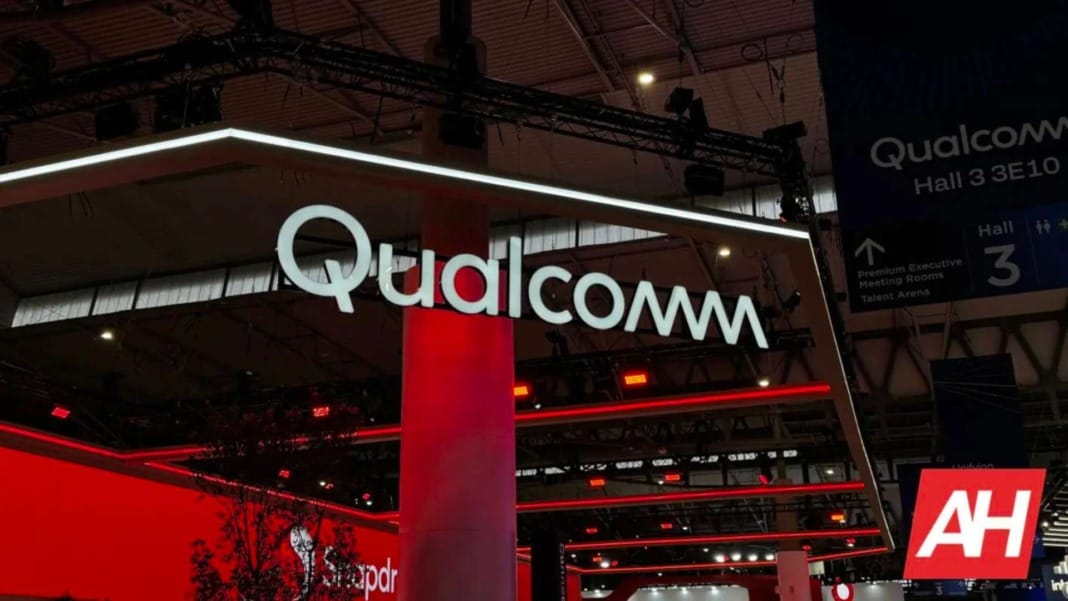Qualcomm’s shareholders have achieved what Apple and government regulators worldwide tried but failed to do: make Qualcomm pay up for its aggressive licensing practices.
Settlement details and background
In a court filing on Tuesday, Qualcomm announced that it would agree to pay US$75 million to settle a lawsuit brought by shareholders. These shareholders claimed Qualcomm misled them about its business practices, artificially inflating its stock price. Reuters initially reported this settlement.
Shareholders were dissatisfied with Qualcomm’s lack of transparency regarding its patent licensing practices, which had a significant impact on the market. At the time, Qualcomm refused to license essential patents to certain competitors and often required companies to buy its chips to get a deal. This led to lawsuits from Apple, the US Federal Trade Commission, and other regulators, who accused Qualcomm of unfair business practices by linking negotiations for essential patents to the purchase of its chips.
Legal battles and outcomes
Despite the lawsuits, Qualcomm largely won these legal battles. The disputes with Apple ended in settlements and most regulatory actions against Qualcomm were overturned. As a result, Qualcomm’s stock price rose, making the shareholders’ claims of an artificially inflated share price seem weak. However, this settlement is a significant victory for the shareholders, as they are finally receiving a substantial payment, unlike other claimants, which should make them feel vindicated.
Next steps
Before the US$75 million settlement can be finalised, a judge must approve the terms. This step is crucial, as the judge will review the settlement to ensure that it is fair and reasonable for all parties involved. The approval process might involve a hearing where both Qualcomm and the shareholders present their arguments and justifications for the settlement.
The approval and finalisation of this settlement will mark the end of a significant legal chapter for Qualcomm, potentially influencing how it conducts its licensing practices in the future. It will also serve as a precedent for similar shareholder lawsuits, highlighting the importance of corporate transparency and fair business practices.





